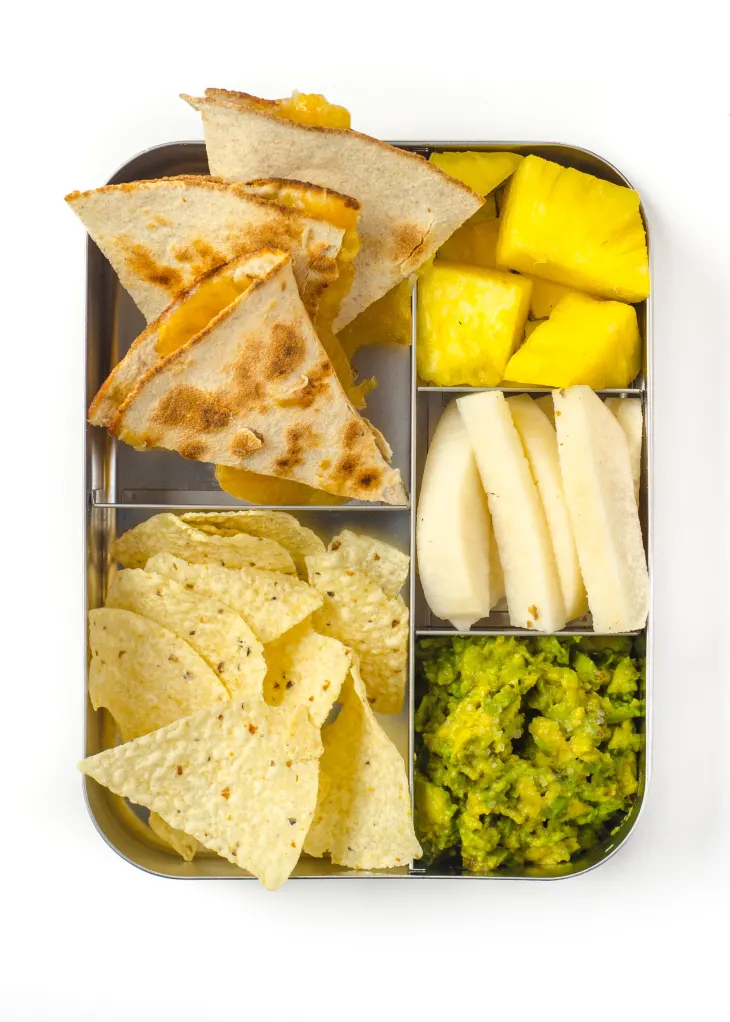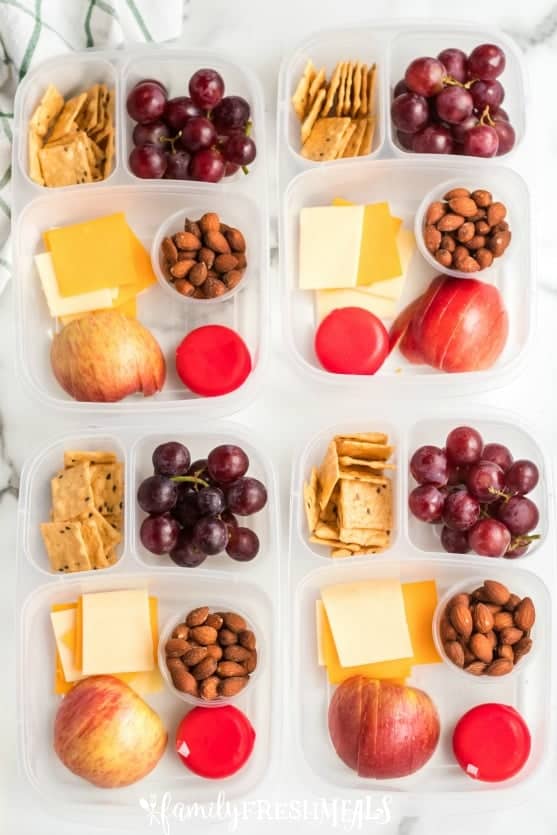Disclosure: This post contains affiliate links, which means we may earn a commission if you purchase through our links at no extra cost to you.
School lunches, provided to students in the middle of the school day, are essential parts of education systems around the globe. These meals fulfil a dual purpose; they mitigate hunger and aid in meeting the nutritional requirements of students, thereby contributing to improved health and the advancement of cognitive abilities crucial for learning.
School lunch programs can greatly differ in their content, quality and structure between different countries and even various schools within the same area, due to factors like local food supply, cultural likes, and government guidelines. Various countries have initiatives that offer free or discounted school meals, ensuring all children can avail nutritious food. This underscores the connection between good nutrition and better academic results.
In summary, school lunches are crucial in education settings as they help ensure students receive balanced nutrition and promote social interactions during meal breaks.
Healthy School Lunches
#21. PIZZA PANCAKES

#20. FRUITY CHICKEN MEATBALLS

#19. TACO POCKETS

#18. BARBECUE CHICKEN CUPS

#17. CHICKEN RANCH WRAPS

#16. CHEESY PEPPERONI PIZZA STICKS

#15. CHICKEN AND WAFFLE SLIDERS

#14. BANANA CEREAL SNACKS

#13. HAM AND CHEESE LUNCHBOX MUFFINS

#12. LUNCH BOX KABOBS

#11. BAGEL PIZZAS

#10. WHOLE WHEAT BANANA MUFFINS

#9. MONSTER SANDWICHES

#8. MINI CORNDOG MUFFINS

#7. HAM AND CHEESE POCKETS

#6. HEALTHY STRAWBERRY OATMEAL BARS

#5. GRILLED CHEESE ROLL-UPS

#4. PANCAKE AND FRUIT SKEWERS

#3. CHEESE QUESADILLAS

#2. DIY LUNCHABLES

#1. HOMEMADE FRUIT ROLL-UPS


 Nidhi
Nidhi